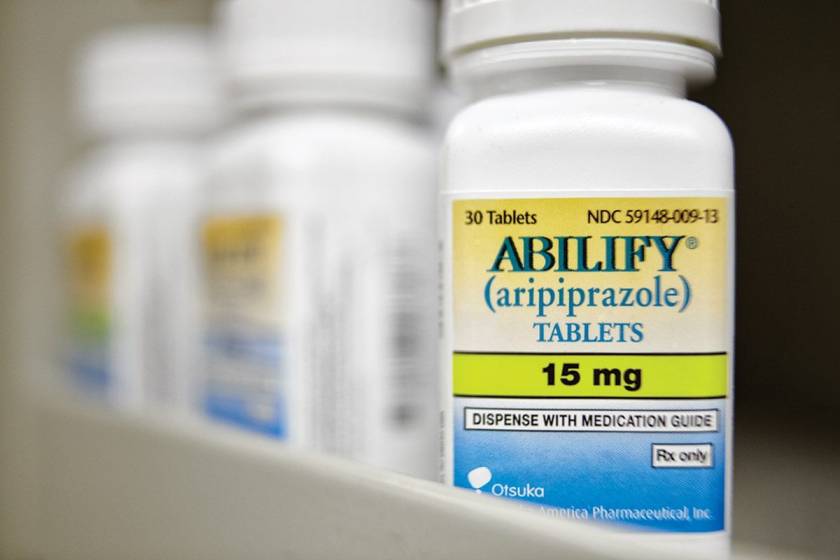Note: if you know for certain that your dog has eaten rat poison, do not induce vomiting. Contact your vet right away and get your dog to the clinic for immediate treatment. This is a medical emergency.
Connect with a verified veterinarian in minutes. Licensed vets are available 24/7 to answer your questions. No need to worry about your furry family member.
Rat and mouse poisons are common in many homes, so much so that rat poisoning is a common problem in dogs.
Rat Poisons and Dogs
Rat poisons and other rodenticides (poisons used to kill rodents such as mice and rats), are commonly used at home. The come in various forms—from mouse traps to granules—and are placed in many areas of the home. Typical areas may include the kitchen, garage, basement, near the foundation of homes, and more. These poisons may also be used in public areas where dogs are walked including parks, wildlife areas, etc.
There are four common types of rat poisons including:
Bromethalin: causes swelling of the brain; common signs of poisoning include tremors, seizure, paralysis and death. Symptoms may develop within 2 hours of ingestion but may not show up for as long as 36 hours.
Zinc & aluminum phosphides: these substances are more common in mole and gopher poisons, but can are also sometime used in rat and mouse poison. This poison releases phosphine gas once it hits the stomach. Symptoms of this poison can include stomach bloating, abdominal pain, vomiting, shock, collapse, seizures and liver damage.
Long-acting anticoagulants (LAACS): these are the most commonly used in rodenticides for mice and rats. This poison works by keeping the blood from clotting, which leads to internal bleeding. For a dog, symptoms may not show up until 3-5 days after eating the poison. Symptoms can include internal bleeding, lethargy, coughing, difficulty breathing, weakness and pale gums, vomiting, diarrhea and more.
Cholecalciferol (Vitamin D3): this is considered one of the most dangerous types of rodenticide on the market. This poison leads to extremely high phosphorous and calcium levels in the body, which causes severe kidney failure. Symptoms can include increased urination and thirst, weakness, lethargy, lack of appetite, halitosis (extremely bad breath), and kidney failure usually in about 2-3 days after the poison was eaten.
These substances are extremely poisonous, so if you know for sure your fur baby has eaten a rat poison, then call the vet immediately. Do not induced vomiting and try to have the poison name when you call the vet. They will need this information to determine if an antidote is available and how to properly treat your fur baby. Prompt treatment can save your dog’s life.
Connect with a verified veterinarian in minutes. Licensed vets are available 24/7 to answer your questions. No need to worry about your furry family member.

Julie
Julie is a graduate of the University of North Carolina, Wilmington, where she studied Animal science. Though contrary to the opinion of her parents she was meant to study pharmacy, but she was in love with animals especially cats. Julie currently works in an animal research institute (NGO) in California and loves spending quality time with her little cat. She has the passion for making research about animals, how they survive, their way of life among others and publishes it. Julie is also happily married with two kids.
Review symptoms, medications & behavior to keep your pets healthy with a Vet Online in just minutes.
Ask a Vet Live Now




